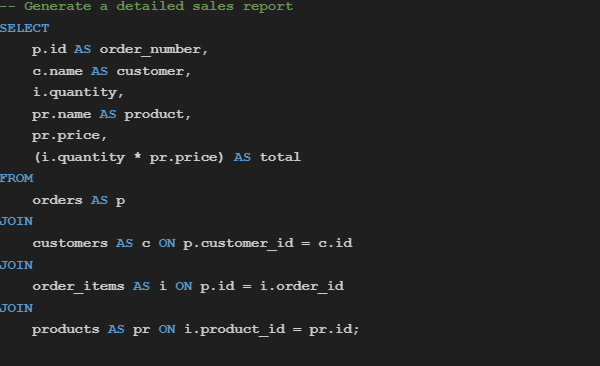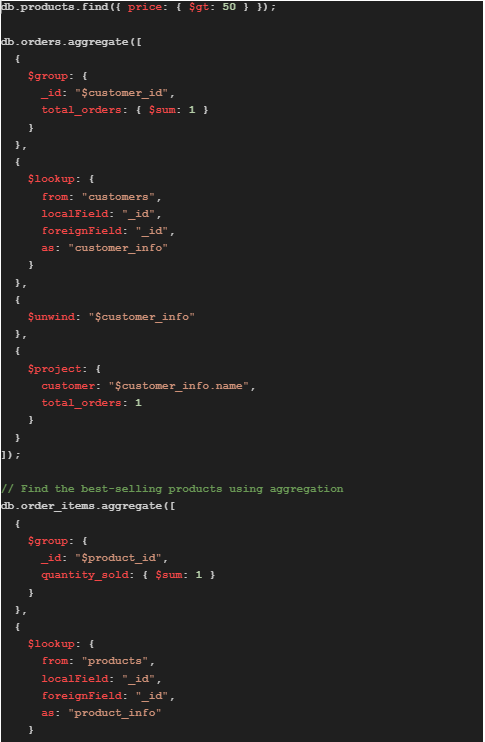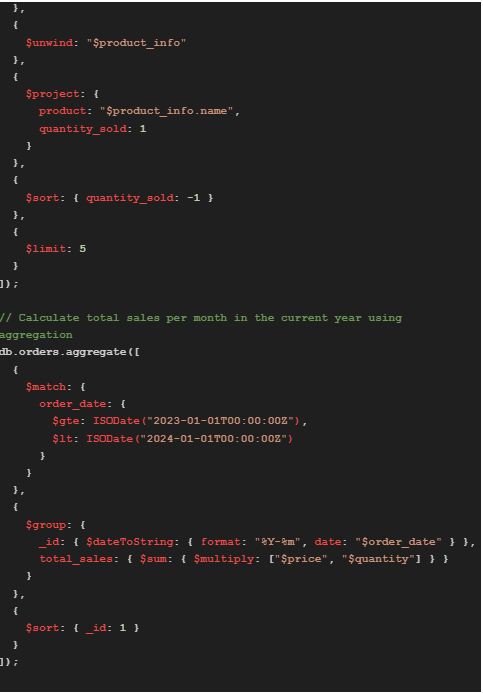

For Companies
For AI Labs
For Developers
Use Cases
Customer Stories
Get added peace of mind with Revelo’s risk-free trial. If you’re not satisfied with your hire within the first 14 days: You pay nothing, and we’ll find you a new candidate at no additional cost.










Maximiliano O.
Experience
10 years
AVAILABILITY
Full-time

Emilia F.
Experience
6 years
AVAILABILITY
Full-time

Jose S.
Experience
11 years
AVAILABILITY
Full-time

Constanza B.
Experience
8 years
AVAILABILITY
Full-time

Larissa M.
Experience
10 years
AVAILABILITY
Full-time
Rigorously vetted for technical and soft skills. Expertly hand-picked for your needs
Work synchronously with developers in the same or overlapping US time zones
Get shortlists within 3 days and hire in as fast as 2 weeks
Go further and reduce the overhead of sourcing, hiring, and talent management
Facebook API | Instagram API | YouTube API | Spotify API | Apple Music API | Google API | Jira REST API | GitHub API | SoundCloud API
Amazon Web Services (AWS) | Google Cloud Platform (GCP) | Linux | Docker | Heroku | Firebase | Digital Ocean | Oracle | Kubernetes | Dapr | Azure | AWS Lambda | Redux
MongoDB | PostgreSQL | MySQL | Redis | SQLite | MariaDB | Microsoft SQL Server
In an age dominated by big data, businesses and organizations' need for database developers to manage their vast data resources has intensified. Database developers, responsible for designing, coding, and maintaining databases, provide a vital service by efficiently organizing and securing data. These professionals streamline businesses' access to information while ensuring data integrity.
Engaging database developers in an organization enhances operational efficiency. However, navigating the hiring process presents a unique set of challenges due to the role's technical requirements. Securing qualified developers in a competitive talent pool often necessitates specialized assistance.
Database development consists of creating and managing databases for businesses and organizations. It involves developing frameworks and tools to store, update, and query data efficiently and requires a combination of technical knowledge, problem-solving skills, and software engineering skills. Database developers typically create database models, write logical data structures, develop stored procedures and triggers to automate tasks, design the user interface of databases, and perform database maintenance.
Database development projects vary widely depending on the size and complexity of the organization. For instance, small businesses and startups may need a database to store customer information or inventory data, while large organizations require complex databases with greater scalability and higher security. Examples of database development projects include:

In a data-driven business landscape, the role of robust database systems cannot be overstated. They are the cornerstone of efficient data management, underpinning strategic decision-making and planning in sectors as broad as finance, health care, and e-commerce.
When managed by skilled database developers, these systems optimize performance and ensure rapid data access. Tailored databases further offer seamless integration with existing software, scalability for business growth, enhanced security measures against cyber threats, and the ability to glean actionable insights through embedded analytic capabilities.
Investing in efficient database programming optimization is a strategic move that unlocks the full potential of digital assets and keeps organizations competitive in our digitally evolving economy.
Databases are integral to the function of most software applications. They provide a systematic method to securely manage, retrieve, and store data. Similarly, these database development benefits apply to modern web development:
Engaging a skilled database developer brings these benefits to software development projects—enhancing efficiency on both the frontend and backend of web applications by optimally managing complex sets of information.
When hiring database developers, their responsibilities may vary depending on the specific project requirements, available tools, and scope of a project. For example, a developer could be asked to write a query to quickly fetch weekly sales reports or create a table to help visualize the time between customer remarketing events. Some of a database developer’s primary duties include the following:

Database developers are required to have proven experience and knowledge of back-end development. A strong foundation in data structures, algorithms, computer science principles, and proficiency and SQL or similar query languages like PHP, MySQL, or Oracle is crucial. Multidatabase familiarity can be advantageous for selecting the best tool per project.
Beyond hard skills, adept problem-solving abilities are essential for designing schemas and resolving performance issues. Effective communication skills support collaboration in software development projects.
Educationally, a bachelor's degree in computer science or equivalent field is usually required. Some positions might favor candidates with specific certifications, such as Microsoft's Azure Data Engineer Associate or Oracle Database Administrator Certified Professional. However, these qualifications may vary based on a company's specific needs and industry sector.
Understanding the right programming languages used to manage, optimize, and maintain databases is essential when hiring database developers. Here are some of the most popular languages and libraries commonly used in database development.

Just as important as languages and libraries are the programming tools that database developers use. These tools can enhance productivity, streamline workflows, and facilitate database management tasks.


In back-end development, databases store, manage, and organize data that power web applications like user profiles, product inventories, or patient records. An action like viewing an item in an online shopping app triggers requests to the server where databases reside. Companies aiming to build scalable and efficient applications recognize the integral role of databases in software development.
Hiring top database developers proficient in the languages, libraries, and tools mentioned in the previous sections helps ensure optimized handling of large data volumes and improved performance. This strategic utilization of databases makes businesses more appealing by offering seamless UX and intuitive UI.
The average salary for mid-level database developers in the United States is $88,570. However, their salary may vary depending on location, years of experience, skill set, and the type of position.
While database developers in Latin American countries are equally skilled, the lower cost of living means they usually earn 30% to 50% less than their US counterparts. Again, salaries vary based on location and experience. Revelo provides a cost-effective solution while offering highly qualified, pre-vetted Latin American developers.
Build your remote software engineering team in any tech stack. Our talent pool of senior software developers are pre-screened across 100+ skills.
Looking for work? Apply here
Yes, if for any reason you find the developer you hire isn't a good fit within the first 14 days - you pay nothing or we can find you a replacement at no additional cost.
Hiring a full-time developer through Revelo is a simple 3-step process. First, you tell us your hiring needs. Second, we match you to the best developers within 3 days. Third, you interview the candidates you like and hire the one you like most.